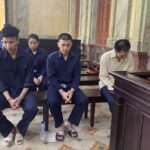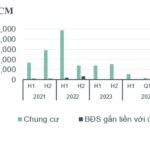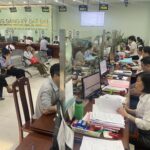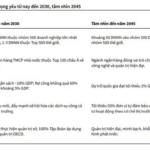On September 24, the People’s Court of Ho Chi Minh City continued the trial related to Van Thinh Phat Group Joint Stock Company (phase 2).
The lawyer defending the interests of the victim, N.T.T.U., questioned the accused, Vo Tan Hoang Van, former General Director of the Saigon Commercial Joint Stock Bank (SCB). The lawyer stated that his client believed that during the consultation, SCB staff only provided interest rate appendices without mentioning the bond purchase transactions.
Vo Tan Hoang Van refuted the claims, arguing that the bond purchase contract served as proof of the customers’ transactions, thereby confirming that the transactions had taken place. When the victim asserted that SCB employees were deceitful and did not provide adequate advice about the bond package, Van expressed sympathy for the customer’s frustration and wished for an opportunity to explain.
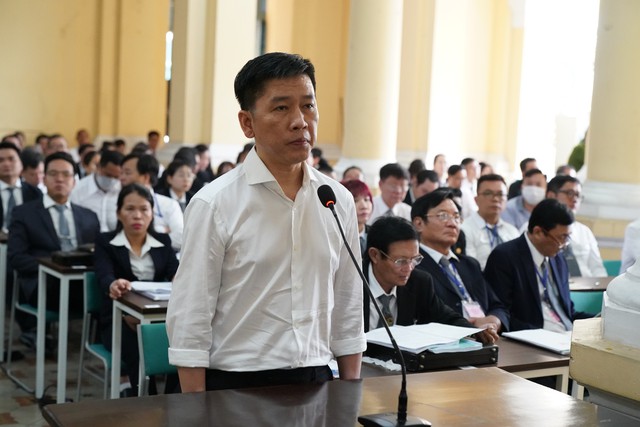
Vo Tan Hoang Van at the trial’s first phase
According to Van, the five-year bonds were structured as annual bonds, meaning customers held the bonds for a year and would then receive interest and principal payments. After a year, customers could purchase additional bonds with a 12-month term.
Van stated that during his tenure as SCB’s General Director, he had never received any complaints or reports from investors about SCB employees being deceitful in their consultations. Although customers might have felt confused, there were no complaints related to deceptive counseling.
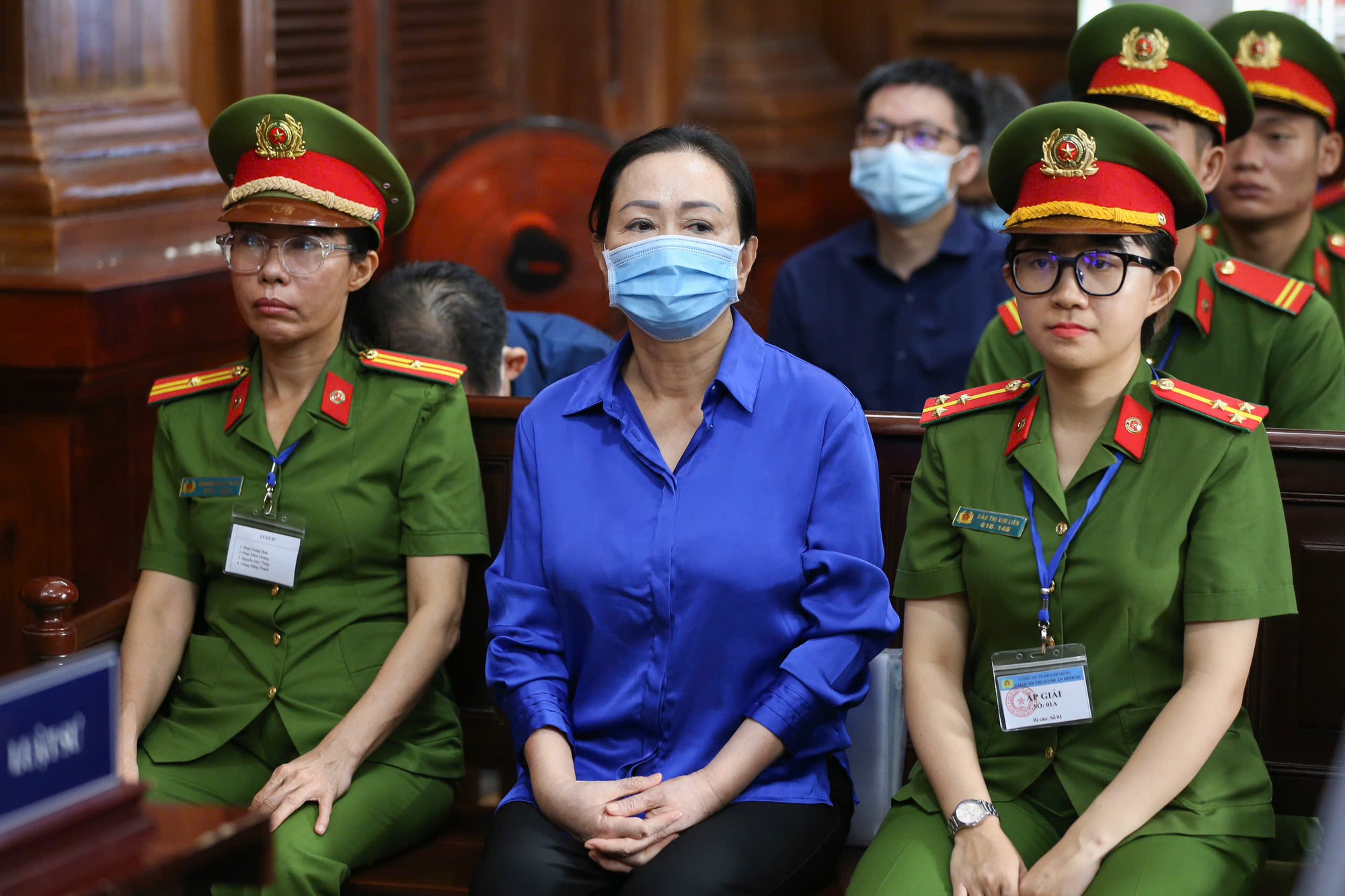
Truong My Lan. Photo: Hoang Trieu
The former SCB General Director also explained that when the bank signed a contract to introduce customers to Tan Viet Securities Joint Stock Company (TVSI), customers could take the documents home to sign or sign them anywhere they preferred. Once the contract was signed, it would be kept at the bank.
The process of selling bonds to the issuing organization took place at SCB, but the transactions and benefits belonged to Tan Viet Securities Joint Stock Company. Customers could deposit money into the company’s account or issue a payment order from their account. Additionally, customers could also make cash payments at SCB, but the beneficiary remained Tan Viet Securities Joint Stock Company.
The lawyer further inquired about the role of SCB employees in executing this sales contract. Vo Tan Hoang Van responded that SCB was not the only channel for buying and selling bonds, and there were many other channels available. At that time, he wanted to diversify SCB’s income sources and increase foreign interest income during the restructuring process, so it was appropriate for SCB employees to provide bond advice.
When asked about SCB’s credit activities and why they advised purchasing bonds instead of accepting deposits, Van explained that while the bank needed to mobilize deposits, they also engaged in other activities. There were times when SCB did not need to mobilize deposits but only advised customers, offering diverse investment options, including bonds.
Moreover, Van expressed empathy for the victims’ grievances resulting from their bond purchases based on SCB employees’ advice. He said he felt saddened by the losses incurred by the customers.
During the trial, Van expressed his joy upon seeing the issuing units, including Ms. Lan, demonstrate their determination to repay the bondholders by all means. He emphasized that this determination had been clarified by the lawyer during the questioning of Ms. Lan and expressed his hope that the bondholders would allow more time for a satisfactory resolution.
When the victim claimed that SCB employees had deceived them and requested an examination of SCB’s role, Van broke down in tears, expressing his sympathy and sharing the bondholders’ frustration. He reiterated his sadness in witnessing the difficult circumstances, including those faced by SCB employees.
Numerous Individuals at SCB Avoid Prosecution
According to the indictment, following the instructions of Vo Tan Hoang Van, Tran Thi Minh Thao (former Deputy Director of the Retail Banking Block) coordinated with Tan Viet Securities (TVSI) to develop plans, schemes, and training materials for over 2,000 sales employees from 239 SCB branches nationwide to advise and sell bond products. The authorities determined that Tran Thi Minh Thao was unaware that Truong My Lan’s bond issuance directive violated legal regulations.
45 individuals who were employees of SCB and involved in issuing false money orders at SCB Saigon Branch and Ben Thanh Branch confessed to their actions and signed false documents, acknowledging that their conduct was against the law. The investigation concluded that these individuals were unaware that the bond issuance directive violated legal regulations. As salaried employees following directives without personal gain, they were not held criminally responsible.
“Resco’s Proposal to Halt the Thanh Da Residence Project”
The Ho Chi Minh City People’s Committee has directed the Department of Construction to affirm that there is no basis for RESCO to continue with the construction project of the 15 apartment buildings. This decision was made as the company had surpassed the given deadline, and thus, the project could not move forward.
The Rise and Rise of Thu Duc: How the Former Real Estate Giant is Now a Hot Market with New Condo Prices Soaring Above $100 Million per Square Meter
Although the housing supply in the East of Ho Chi Minh City remains higher than in other areas, there are significantly fewer projects compared to previous years. It is becoming increasingly difficult to find apartments priced at VND 50-60 million per square meter in this area.
Why Was the Ho Chi Minh City Department of Natural Resources and Environment Authorized to Grant Pink Books for These Six Cases?
As an authorized body, we are responsible for issuing pink books to overseas Vietnamese, as well as economic organizations with foreign investment. Our team is dedicated to ensuring a smooth and efficient process for all applicants, providing a vital link between foreign nationals of Vietnamese origin and their desired property ownership in the country.

